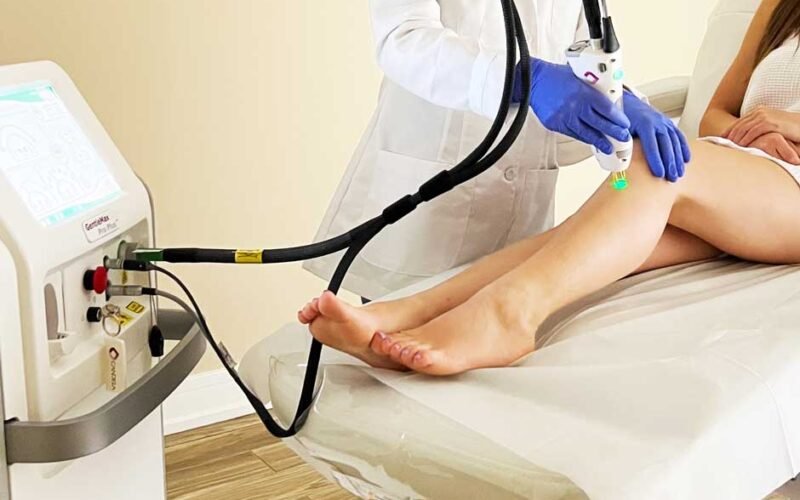The connection between sports and mental health has gained significant attention in recent years. Physical activity doesn’t just benefit our bodies; it’s a powerful tool for enhancing our mental well-being.
Physical Activity and the Brain
Releases Neurotransmitter Chemicals: dopamine, serotonin and endorphins
The body produces several happy hormones, and three of them are dopamine, serotonin and endorphins. Dopamine’s other name is the “feel-good hormone,” but it is also a neurotransmitter that plays an important part in the brain’s reward system. Dopamine is responsible for pleasure as well as memory and learning.
Serotonin is also a hormone and a neurotransmitter. It regulates mood, learning ability, memory, digestion, appetite and sleep.
Endorphins are also hormones, and they are natural painkillers. When you experience pain or discomfort, the body releases endorphins, which also increase when you exercise, have sex or eat.
Exercise does not just promote the release of endorphins. It also encourages the release of dopamine and serotonin. Because the sun also encourages the release of serotonin, it is a good idea to spend some time in the sun each day. Research shows that time spent in the sun causes your body to increase the production of serotonin.
Reduction in Stress Hormones
Exercise has the effect of reducing your stress hormones. These include cortisol and adrenaline, but it also increases the production of endorphins. As we saw earlier, endorphins reduce pain and put you in a good mood. When you exercise and experience the “runner’s high,” you feel relaxed and optimistic after a workout.
Exercise also provides other opportunities. For example, when you engage in a joint sports activity, you can build new networks of friends. It is your chance to play and enjoy recreation with your friends. Your body will be too busy to be concerned about your worries of the day, allowing you to come up with your most creative solutions to problems.
Improved Sleep Quality
Moderate and intense exercise has a positive effect on sleep quality. According to a 2020 study, exercise increased endorphins in the 1,242 respondents, and they did not experience as many sleep quality disturbances. Another study performed in the year 2020 examined 80 respondents who were experiencing chronic insomnia. After regular physical activity, endorphins were released into their systems, and they prevented insomnia or at least made it easier for them to fall asleep.
In a study done in 2021, researchers found that subjects experienced improved slow-wave sleep if they exercised at a high impact level for at least one hour every evening. This improved their overall sleep quality. The deepest phase of non–rapid eye movement sleep is known as “slow-wave sleep.” It is also called “deep sleep” and is the most restful sleep type. Slow-wave sleep is also important for strengthening your immune system and promoting muscle and bone repair.
Enhanced Brain Function and Memory
Scientists have found that exercise increases blood flow to two brain regions associated with memory. Half of the respondents engaged in aerobic exercise in one study, while the other half only performed stretching exercises. After a year, the group that engaged in exercise had a 47% increase in their memory scores. At the same time, the other group saw little change in their memory scores. The imaging results of the exercise group also showed increased blood flow in brain regions related to memory function.
A study on older athletes also holds promising results for those who exercise. Researchers found that their subjects had more increased blood flow to the cortex than their subjects, who were also older but led sedentary lives.
Building Social Connections
One study from the Icahn School of Medicine at Mount Sinai discovered that people have higher dopamine levels when interacting with humans. Their levels were lower when they interacted with a computer. When two people are engaged in sexual activity, their bodies release oxytocin, the “love hormone.” It has the effect of lowering blood pressure and causing us to be more friendly, generous and trusting. A small study showed that when people exercise in a group, they receive more benefits than when they exercise alone.
Physical Activity and Mental State

Your hormones affect both your physical performance and your mental health. For example, testosterone is a key hormone that affects energy, motivation and mood and can decrease with age or lifestyle factors. When testosterone levels dip too low, people might experience fatigue, mood swings and depression. For these people, options like injectable testosterone for sale are one of the best ways to help regain energy and mental balance. However, you must remember that consulting with a healthcare provider is essential.
At Medzone, we address the issues you have with low testosterone levels. Whether you are a man or a woman, you can experience symptoms of low testosterone, including low sex drive, loss of muscle mass, depression and anxiety, chronic fatigue, impaired metabolism, unwanted weight gain and osteoporosis. In addition to that, men experience the loss of body hair and erectile dysfunction, and women complain of painful intercourse, irregular menstrual periods and vaginal dryness.
If you are experiencing any of the symptoms above, contact us today at Medzone for testosterone replacement therapy or TRT.










